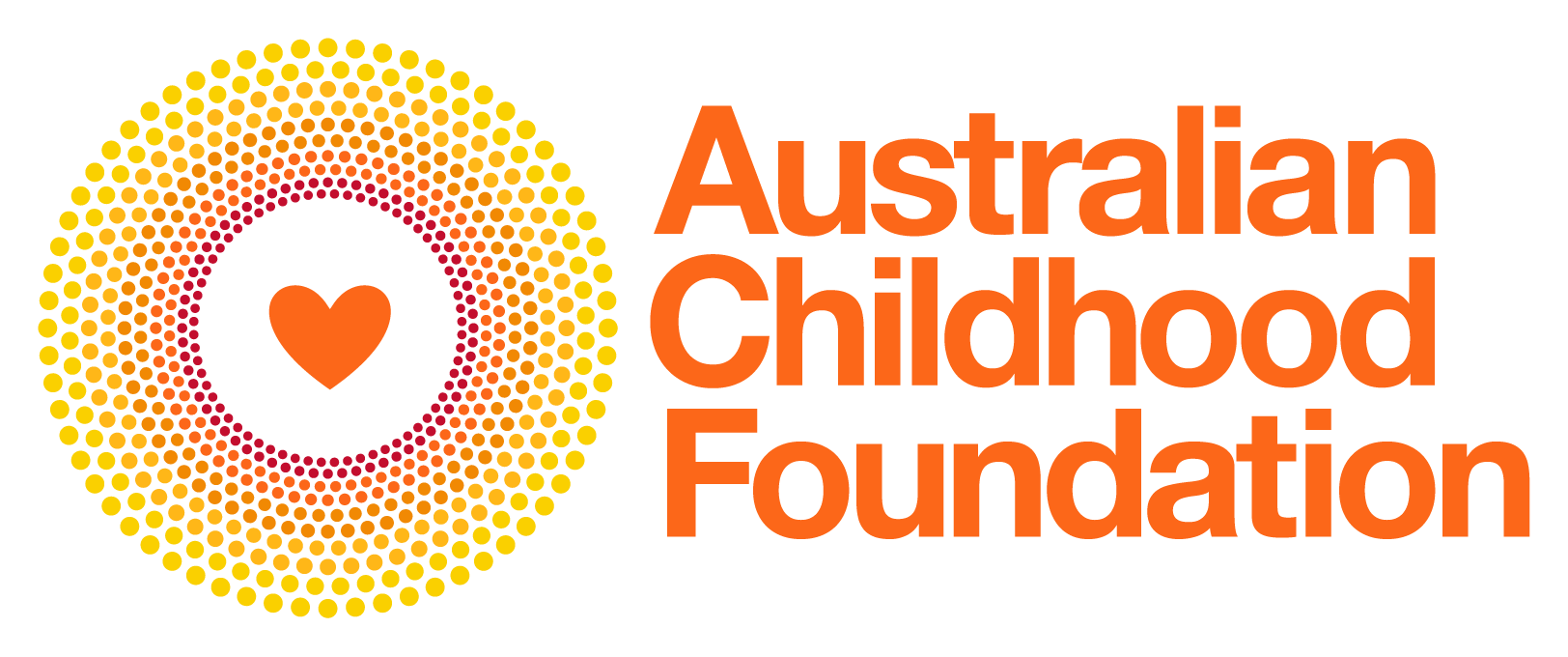Training
Professionals
Supporting professionals to make
sense of children’s trauma
Those professionals whose work brings them into contact with children, see the devastating impacts of child abuse every day. Knowledge, insight, understanding—and an arsenal of practical and useful strategies— are vital to help them support the needs of the very vulnerable children in their care.
Our Professional Education team delivers training each year to around 8,000 family support, education, medical, police and criminal justice system professionals, as well as residential and foster carers, to help them make sense of children’s trauma and feel confident about supporting them, caring for them and helping them to heal.
One- and two-day workshops on a public calendar of training are delivered in state capitals and our intrepid team of trainers also criss-crosses the country to deliver customised training to meet the needs of individual organisations in locations as diverse as Launceston, Broome, Dubbo, Port Augusta, Cairns, Alice Springs and Mildura.
In the last 12 months alone, 180 professionals completed the only accredited course of its kind in Australia, our Graduate Certificate in Developmental Trauma, with hundreds of children to benefit from the knowledge and insight that will be brought into their support and care.
Our international speaker tours are an important way for professionals to access fresh and exciting insights from leaders in the field of trauma, and last year, across five states, more than 1500 professionals were inspired and educated by trauma specialists Drs Jon Baylin and Dan Hughes.
Our School Services program is supporting action research projects with several schools over a 12-18 month period. During this time, the schools develop the project and then collect data about what differences stem from the combination of the Foundation’s knowledge and interventions and the schools’ own creativity in supporting children and young people impacted by trauma .
A sample of comments from school staff involved in these projects includes:
“
Children are positively interacting with peers and teachers rather than withdrawing or lashing out.
“
Children are being able to calm themselves down better by using techniques we had taught them.
“
Each child is different and we acknowledge that we need to support them in different ways.
“
We are really focusing on being sensitive to the needs of children and understanding how trauma affects the brain.
